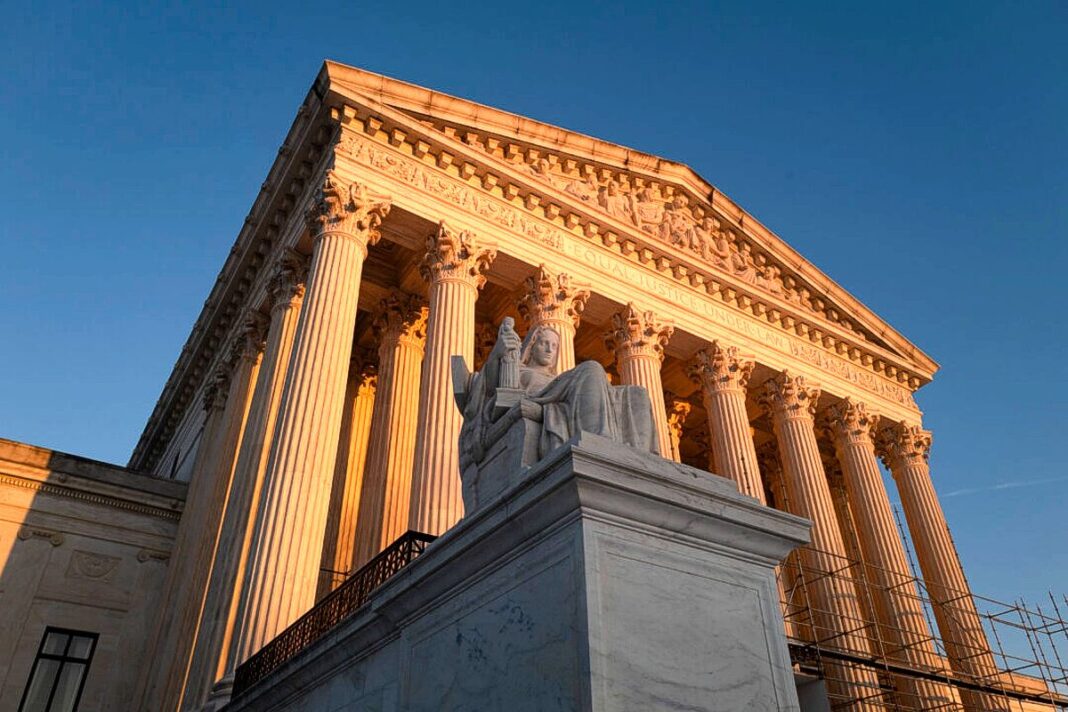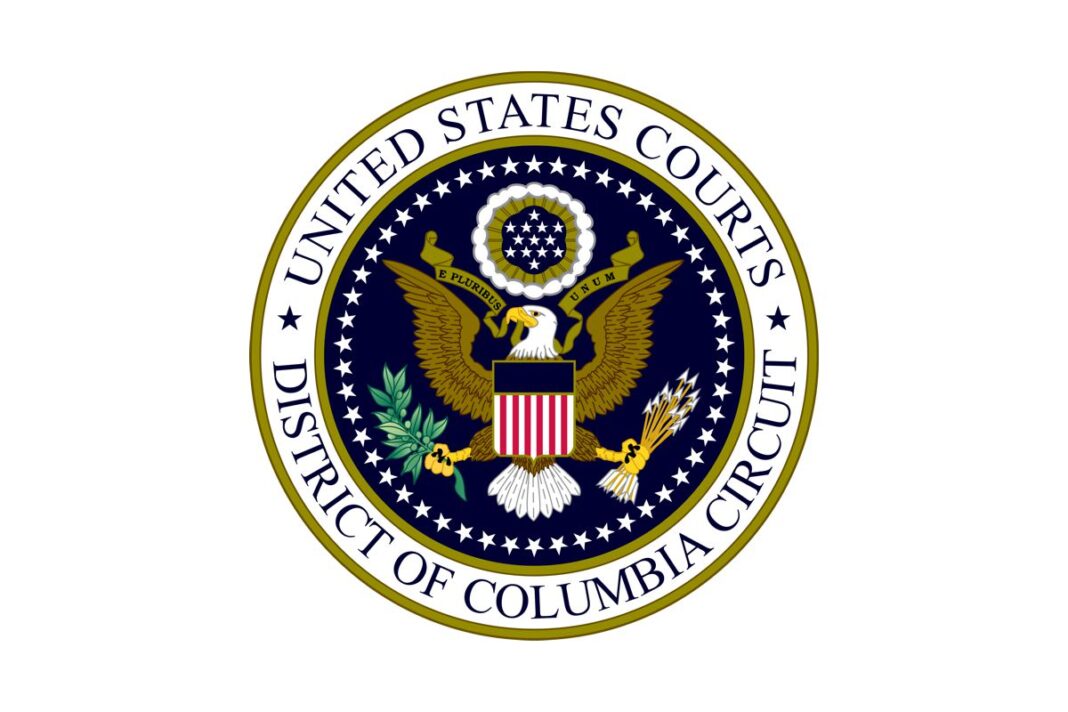The lawsuit was filed by the American Civil Liberties Union on behalf of seven plaintiffs who identify as transgender or nonbinary.
A federal judge ruled against the Trump administration’s executive order banning the use of an “X” on passports marked by people self-identifying as neither male nor female.
U.S. District Judge Julia Kobick of the District Court of Massachusetts awarded the American Civil Liberties Union (ACLU) a preliminary injunction on April 18, staying the president’s executive action requiring sex, instead of gender identity, to be used as an identifier on government-issued identification documents.
The executive order titled “Defending Women from Gender Ideology Extremism and Restoring Biological Truth to the Federal Government” was one of several signed by President Donald Trump on his first day in office.
“It is the policy of the United States to recognize two sexes, male and female,” the order stated. ”These sexes are not changeable and are grounded in fundamental and incontrovertible reality.”
The order stated that gender identity “reflects a fully internal and subjective sense of self, disconnected from biological reality and sex and existing on an infinite continuum, that does not provide a meaningful basis for identification and cannot be recognized as a replacement for sex.”
It ordered the secretaries of State and Homeland Security, and the director of the Office of Personnel Management to “implement changes to require that government-issued identification documents, including passports, visas, and Global Entry cards, accurately reflect the holder’s sex.”
It also ordered the rescinding of prior federal guidance documents, including “The White House Toolkit on Transgender Equality.”
The ACLU took legal action against the order on behalf of five plaintiffs who identify as transgender and two who identify as nonbinary, seeking to preserve the pro-LGBT policies put in place under President Joe Biden, allowing a third option on identification documents.
“We all have a right to accurate identity documents, and this policy invites harassment, discrimination, and violence against transgender Americans who can no longer obtain or renew a passport that matches who they are,” ACLU lawyer Sruti Swaminathan said in a statement.
The Trump administration argued that the president had broad discretion in setting the passport policy, and those policy changes did not “violate the equal protection guarantees of the Constitution.” The federal government also denied any harm befalling the plaintiffs due to the policy, since they were still free to travel abroad.
By T.J. Muscaro









